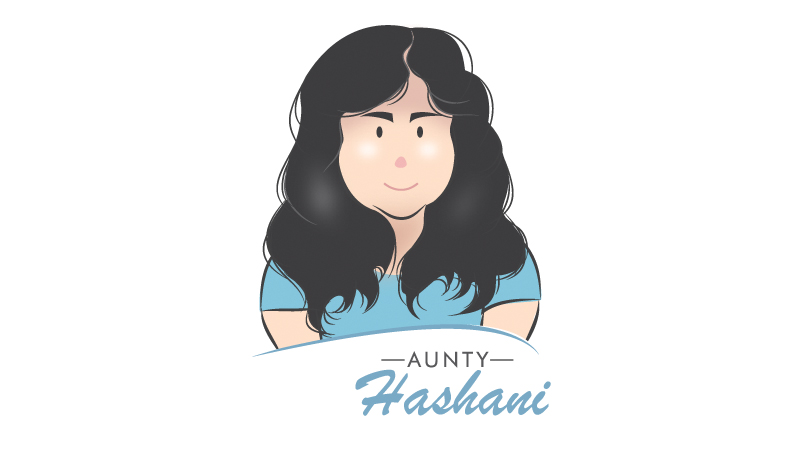Vesak is the most important and joyful celebration for Buddhists around the world. It is a day that honours the Birth, Enlightenment, and Passing Away (Parinibbāna) of our Lord Buddha, one of the wisest and compassionate beings the world had ever seen. All of which happened on the full moon in the month of Vesak over 2550 years ago. But Vesak isn’t just about making beautiful Vesak lanterns, lighting buckets, visiting pandals , eating from dansala and having fun, it’s also about remembering the Buddha’s teachings and thinking about how we can bring more peace, kindness and wisdom into our lives and those around us.
At the heart of the Buddha’s message are the Four Noble Truths. These are the Buddha’s first and most important lesson to help people understand life and how to be free from suffering. Let’s explore them in a simple way:
1. The First Noble Truth is that life has dukkha, which means there is suffering, stress, or unsatisfactoriness in life. Even when we are happy, things can change. We might lose our favourite toy, feel sick, or argue with a friend. The Buddha wasn’t being negative—he was being honest about how life really is.
2. The Second Noble Truth is about the cause of that suffering. It comes from tanhā, or craving. We want things to be a certain way. We want more fun, more toys, or people to always like us. But wanting too much or holding on too tightly makes us unhappy.
3. The Third Noble Truth is the good news! If craving causes suffering, then letting go of craving can bring peace. The ultimate goal of a Buddhist is Nibbāna, the end of all suffering.
4. The Fourth Noble Truth shows us the way to reach that peace. It’s called the Noble Eightfold Path, and it’s like a guide to living wisely, kindly, and mindfully. It includes right speech, right action, right thought and right mindfulness.
So, how does this connect to wisdom?
Wisdom (paññā) in Buddhism isn’t just about knowing facts. It’s about seeing clearly how things really are, walking the path and experiencing the results for yourself. A wise person knows that happiness doesn’t come from getting everything we want because everything we get will change, but from understanding life deeply and acting with kindness and compassion and letting go of situations that don’t help us.
On Vesak, we can practise wisdom by thinking about our actions. Are we being kind to others and animals? Do we understand our own feelings? Are we learning to let go of anger and greed? Are we respectful to our parents and elders? When we light a lamp or bow before a Buddha statue, we are really honouring the wisdom that shines from within the Buddha—and within us too. We can listen more, share more, and try to understand instead of just reacting. We can practise being mindful when we eat, speak, or play. These small steps help us grow in wisdom.
So on this Vesak day, let’s remember the Four Noble Truths and make a wish—not just for ourselves, but for all beings to be happy, peaceful, and wise.
See you next week!







